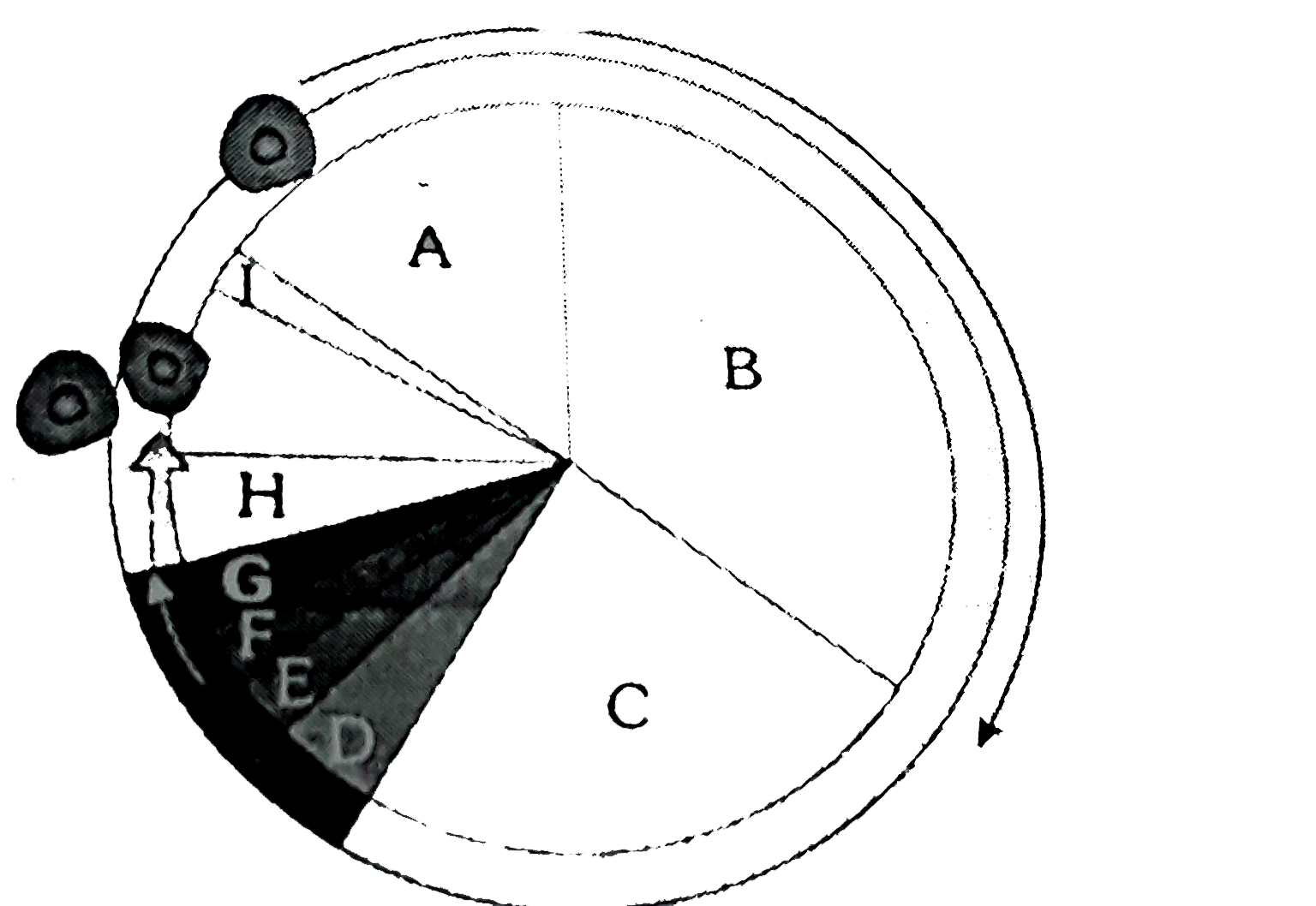How does gain or loss of chromosome(s) takes place in humans ? Describe one example each of chromosomal disorder along with the symptoms involving an autosome and a sex chromosome.
Step-by-Step Solution
1. Understanding Chromosomal Gain or Loss:
- Chromosomal gain or loss occurs due to errors during cell division, specifically during the process of segregation. When chromosomes fail to separate properly, it can result in cells with an abnormal number of chromosomes.
2. Mechanism of Chromosomal Abnormalities:
- This failure of segregation can lead to two conditions:
- Aneuploidy: This is the presence of an extra chromosome (trisomy) or a missing chromosome (monosomy).
- Example: If a person has an extra copy of chromosome 21, it results in Down syndrome (trisomy 21).
3. Example of Chromosomal Disorder Involving an Autosome:
- Down Syndrome:
- Cause: Presence of an extra copy of chromosome 21 (trisomy 21).
- Symptoms:
- Short stature and a broad head.
- Furrowed tongue and partially open mouth.
- Broad palms.
- Developmental delays affecting physical, psychological, and mental growth.
4. Example of Chromosomal Disorder Involving a Sex Chromosome:
- Klinefelter Syndrome:
- Cause: Presence of an additional X chromosome in males (47, XXY).
- Symptoms:
- Development of feminine characteristics in males.
- Possible underdevelopment of masculine features.
- May also experience infertility and learning difficulties.
- Chromosomal gain or loss occurs due to errors during cell division, specifically during the process of segregation. When chromosomes fail to separate properly, it can result in cells with an abnormal number of chromosomes.
- This failure of segregation can lead to two conditions:
- Aneuploidy: This is the presence of an extra chromosome (trisomy) or a missing chromosome (monosomy).
- Example: If a person has an extra copy of chromosome 21, it results in Down syndrome (trisomy 21).
- Down Syndrome:
- Cause: Presence of an extra copy of chromosome 21 (trisomy 21).
- Symptoms:
- Short stature and a broad head.
- Furrowed tongue and partially open mouth.
- Broad palms.
- Developmental delays affecting physical, psychological, and mental growth.
- Klinefelter Syndrome:
- Cause: Presence of an additional X chromosome in males (47, XXY).
- Symptoms:
- Development of feminine characteristics in males.
- Possible underdevelopment of masculine features.
- May also experience infertility and learning difficulties.
Topper's Solved these Questions
- BOOK - XII BOARD PREVIOUS YEAR PAPER ENGLISHCHAPTER - SAMPLE PAPER 2019EXERCISE - Section C6videos
SAMPLE PAPER 2019
- BOOK - XII BOARD PREVIOUS YEAR PAPER ENGLISHCHAPTER - SAMPLE PAPER 2019EXERCISE - Section C Part B2videos
SAMPLE PAPER 2019
- BOOK - XII BOARD PREVIOUS YEAR PAPER ENGLISHCHAPTER - SAMPLE PAPER 2019EXERCISE - Section B5videos
SAMPLE PAPER 2019
- BOOK - XII BOARD PREVIOUS YEAR PAPER ENGLISHCHAPTER - EXAM REVISION SERIESEXERCISE - All Questions10videos
EXAM REVISION SERIES
- BOOK - XII BOARD PREVIOUS YEAR PAPER ENGLISHCHAPTER - XII BOARDSEXERCISE - Set-I143videos
XII BOARDS
Similar Questions
Knowledge Check
- Question 1 - Select One
Read the passages and answer the questions that follow
Chromosomal abnormalities, alterations and aberrations are at the root of many inherited diseases and traits. Chromosomal abnormalities often give rise to birth defects and congenital conditions that may develop during an individual's lifetime. Examining the karyotype of chromosomes (karyotyping) in a sample of cells can allow detection of a chromosomal abnormality. The normal human chromosome contains 23 pairs of chromosomes, giving a total of 46 chromosomes in each cell, called diploid cells. Aneuploidy refers to the presence of an extra chromosome or a missing chromosome and is the most common form of chromosomal abnormality. Down syndrome, Turner syndrome, and Klinefelter's syndrome constitute the most common chromosomal abnormalities.
On which of the following chromosomal disorders are based on?AMutant allele and their defective productsBImbalance in chromosome number and chromosome arrangementCMutant allele and chromosome arrangementDMutant allele and imbalance in chromosome number
The number of pair(s) of sex chromosomes in the zygote of humans is
View SolutionHow many pairs of chromosomes are present in human beings ? Out of these how many are sex chromosomes ? How many types of sex chromosomes are found in human beings ? "The sex of a new born child is a matter of chance and none of the parents may be newborn to justify this statement.
View SolutionHow many chromosomes does a normal, mature, human sperm cell contain?
View Solution(i) List the chromosomal disorders a human may suffer from if karyotype analysis of the individual shows 47 chromosomes instead of normal 46
(ii) Explain the cause that results in the gain of chromosome number.
(iii) Mention the symptoms of any one the disorders an individual can suffer fromView Solution(i)How does a chromosomal disorder differ from a Mendelian disorder?
(ii) Name any two chromosomal disorders.
(iii) List the characteristics of the disorders mentioned above that help in their diagnosis.View Solution
Answer the following questions regarding the events carried out in the labelled parts of the ab ove given diagram.
(1) DNA synthesis occurs in
(2) Condenstaion of chromosomal material takes place in
(3) Attachement of spindle fibres to kinetochores of chromosomes during
(4) Initiation of the assembly of mitotic spindle during
(5). Splitting of centromere and separation of chromatids in
(6) Movement of chromatids to opposite poles during
(7) Reformation of nucleolus, Golgi complex and ER occurs in
(8) Alignment of chromosomes along equitorial plate during
(9) Formation of cytoplasm during
(10) Preparation of cell division takes place during.View SolutionName a disorder a human suffers from as a result of monosomy of the sex chromosome. Give the karyotype and write the symptoms.
View Solution
